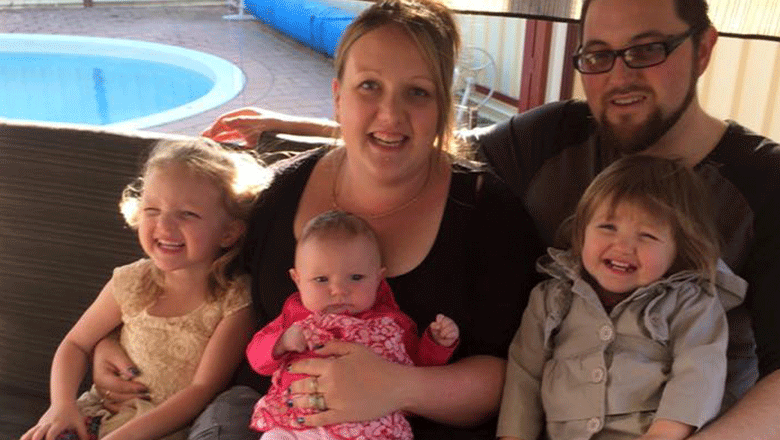Search

Growing up poor is about more than just the size of your bank account. Read the new CoLab Impact of Poverty Evidence Report.

The Kids Research Institute Australia, has welcomed the State Government's budget commitment to innovation and medical research.

A $3.2 million grant from Lotterywest will allow the highly successful Consumer Involvement Program to be expanded to 18 other WA organisations.

The Kids Research Institute Australia researchers are offering a free nutrition and lifestyle program for plus sized mums and their babies who live in the Joondalup area.

Researchers will track the progress of 12,000 children from birth to age five to identify what services are valuable to families to support the health and wellb
Delivering tangible and measurable improvements to the health and wellbeing of children is at the centre of a bold new blueprint for child health research in WA

Congratulations to four outstanding The Kids Research Institute Australia researchers who have received funding designed to support researchers who have narrowly missed out on highly competitive national funding.

The Kids researchers are collaborating on two major projects that today received $1.2million in funding from MTPConnect.

The Kids Research Institute Australia supports calls from the Intergovernmental Panel on Climate Change (IPCC) for transformational action if we are to secure a liveable future.

A new The Kids Research Institute Australia-led report into the impact of state and national policy on children’s health has called for kids and families to have more say when it comes
